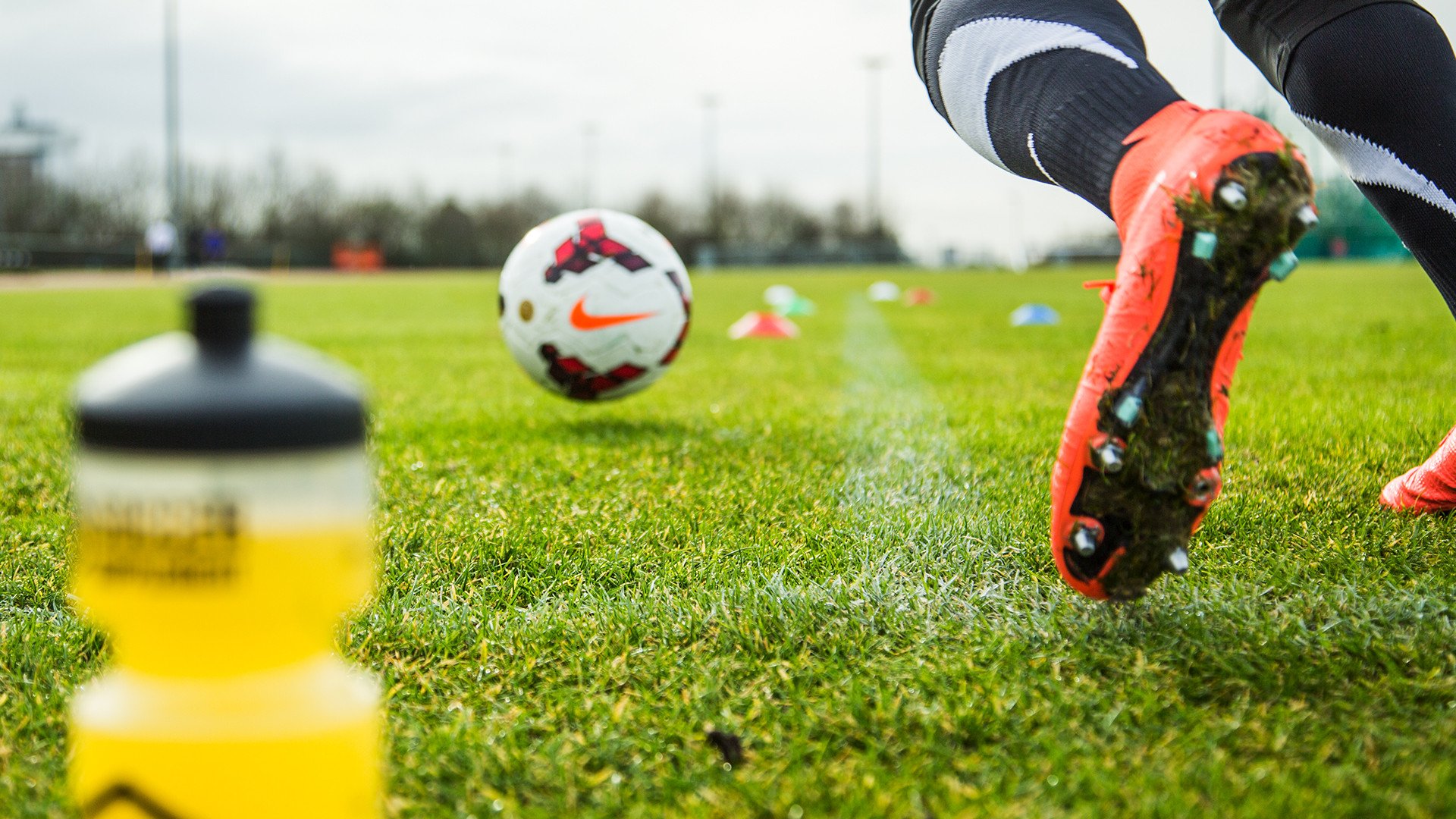

Which Dietary Supplements are NOT a Waste of Your Money?
Legal, Evidence-Based Supplements for Soccer Players (Part 1)
While studying for my PhD comprehensive exams, I recently came across an article written by Louise M. Burke and John A. Hawley, and published in the journal Science #362, on November 16th, 2018, titled “Swifter, Higher, Stronger: What’s on the Menu?”.
In it, the authors discussed evidence-based nutritional approaches for optimal performance, including the use of dietary and performance-enhancing supplements. Specifically, they had the following to say about the efficacy of supplement use amongst elite athletes:
“Despite enthusiastic marketing…only a few products enjoy robust evidence of efficacy (e.g., caffeine, creatine monohydrate, bicarbonate, beta-alanine, and nitrate).”
This statement resonated with me, in part because it reminded me of an article I originally wrote and had published back in 2012, in Inside Soccer Magazine and Red Nation Online Magazine, titled “Legal, Evidence-Based Dietary Supplements for Soccer Players.”
I have edited and revised the article, and am sharing it below. I look forward to hearing your thoughts, comments and feedback!
Thousands of dietary supplements are available for purchase “over-the-counter” today, many of which propose benefits to performance for elite athletes. Coaches, parents, as well as athletes themselves, seem to be bombarded today by advertising companies selling products which they claim will reduce injuries, enhance recovery, and make players perform at a higher level.
Parents of young athletes should be especially wary of dietary supplements that they may be giving to their children. Among the many risks of taking dietary supplements are:
- possible absence of any active ingredient
- possible presence of an illegal / banned substance
- possible impurity / presence of contaminants in the product or packaging
- lack of long-term study / lack of knowledge of possible side-effects
To recognize supplements that are potentially effective and relevant to soccer, the answers to three specific questions – pertaining to three specific criteria – must be met:
- Does the supplement work? (it must affect some physical, physiological, psychological, or other health factor that has an influence on performance in soccer)
- Is the supplement safe? (it must not cause any adverse health effects)
- Is the supplement banned? (it must not contain any substance which is named in a banned substance list, or which may result in a positive doping test)
The purpose of this two-part article is to focus on and explain the use and benefits of two commonly-used dietary supplements, both of which have been scientifically proven to achieve some sort of performance enhancing effect in athletic populations: caffeine and creatine. Part 1 of this article will be focused on what can perhaps be considered the only legal, performance-enhancing “drug” in the world: caffeine.
1. Does Caffeine Work?
Caffeine is a stimulant, popular both among athletes and the general population, and contained in coffee, tea, chocolate, as well as several different kinds of soft drinks and colas.
In a thorough review of scientific literature about caffeine, Hespel et al. (2006) concluded that caffeine most likely benefits performance by deceasing the perception of fatigue, enhancing central drive, and/or improving muscle fibre recruitment.
Studies on caffeine in endurance athletes (cyclists) showed that both “moderate” caffeine doses of between 5 and 13 mg per kg of body weight (Graham & Spriet, 1991; Pasman et al., 1995) and “low” doses of between 2-6 mg per kg of body weight (Graham & Spriet, 1995; Kovacs et al., 1998) caused a substantial improvement in endurance exercise capacity.
More recently, a study by Cox et al. (2008) showed that doses as low as 90mg of caffeine during a 2-hour exercise test could result in significant performance improvements as compared to subsequent tests.
While research into the effects of caffeine on soccer players is minimal, the evidence shown above should be directly applicable to soccer, which – like other endurance sports such as cycling – also places a heavy demand on the aerobic system in order to supply energy for muscular work.
Caffeine is especially useful for soccer players both because it is rapidly absorbed (peak plasma levels are typically reached within 1 hour of ingestion) and because the performance-enhancing effect on endurance (through reduced perception of fatigue, enhanced central drive, and increased muscle fibre recruitment) is maintained for at least 3 hours after ingestion (Graham et al., 1998).
This means that caffeine could be ingested during the pre-game warm-up, and still have a positive performance enhancing effect even if the game goes into extra time (total of 2-2.5 hours of physical activity).
2. Is Caffeine Safe?
Habitual caffeine users, including athletes, will commonly consume doses of caffeine similar to the ones listed in the studies above on a daily basis, and such doses have never been shown to cause any adverse or negative health effects. Thus, low doses of caffeine can be considered safe for athletes.
3. Is Caffeine Banned?
It must be noted that caffeine is presently listed as a banned substance by the International Olympic Committee (IOC), and the NCAA / CIS (American and Canadian University athletics associations) but not the World Anti-Doping Agency (WADA).
The quantity at which caffeine is considered banned, however, is 15 mcg (micrograms) per mL (milliliters) in a urine sample.
In layman’s terms, this concentration would be the equivalent of a dose of 8 or more mg per kg of body weight (or the equivalent of 10-15 cups of coffee for an average sized male or female athlete).
This means that the “low” doses used in the studies mentioned in this article (which clearly have a positive effect on endurance performance and can range from between 1-6 mg per kg of body weight) would not be considered banned by any sport or athletic association, and will not lead to a positive drug test.
The chart below lists safe, effective, and rational caffeine use guidelines for athletes. All coaches, parents, and athletes must consult with a physician before taking any dietary supplement. Doses of more than 6 mg per kg of body weight should NOT be consumed, as they may lead to a positive drug test.

More at www.hub-soccer.com/courses
Follow us on Facebook!
Categories
Latest Courses
-
9 Lessons
-
1 Lesson
-
6 Lessons
You May Also Like
- Blog
- August 1, 2022
- Blog
- June 3, 2022
- Blog
- May 27, 2022
Developed by Brandit Digital Media Services.





